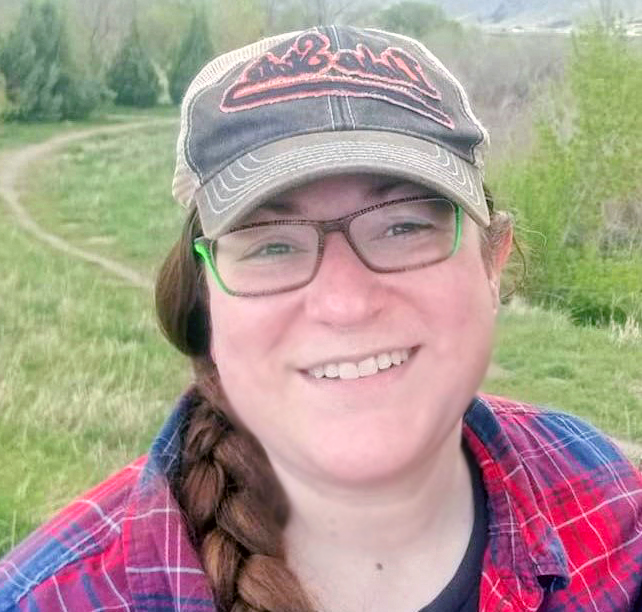Idaho State Researcher Helps Bring Law Enforcement Closer to Solving Decades-Old Mystery
August 2, 2021

It has been nearly 40 years since a man setting fox traps found human remains in Jasper County, Indiana. Today, the Jasper County John Doe’s identity remains a mystery, but thanks in part to Idaho State University anthropologist Samantha Blatt, law enforcement now knows what the victim might have looked like.

Investigators know Jasper County John Doe is an unknown victim of serial killer Larry Eyler, known by many as “The Highway Killer.” Anthony Redgrave, co-founder of Redgrave Research and the Trans Doe Task Force, used information from Blatt, Eyler’s confession and photographs of Doe’s skull to create a forensic image of his face.
The next step for Doe is the processing and sequencing of DNA, with the help of several biotechnology and bioinformatics companies. The victim’s DNA sequence will then be analyzed by Redgrave Research forensic genetic genealogists to find genetic relatives and narrow an identity. This is the same technique Blatt, Anthony and Lee Redgrave, and former Idaho State Faculty Amy Michaels used to positively identify Joseph Henry Loveless in Dubois, Idaho in 2019, more than 100 years after his murder.
“This case is an example of many other cases awaiting resolution. All victims deserve to get their identity back and all families deserve a measure of closure and peace, even after 37 years,” Blatt said. “This is a service to the community; to care for people even after death and keep those responsible for violent crimes accountable. The forensic sciences have this as their sole objective.”
Because of the likely circumstances of his death based on Eyler’s confession, the case has also received attention from the Trans Doe Task Force/LAMMP (LGBTQ+ Accountability for Missing and Murdered Persons). Blatt is a consultant with the task force, which uses strategies and protocols that take into account cultural considerations regarding gender and gender identity. The task force is also building a specialized database for missing and unidentified transgender and gender variant victims. The next step for the task force is to design training for law enforcement and others to recognize and practice gender-informed strategies in solving forensic cases.
“If we let victims go unidentified, or people to remain missing without attempting to resolve these cases, particularly those from the marginalized sects of society, then no one is protected,” Blatt said.
You can read more about the Jasper County case and follow developments at https://redgraveresearch.com/2021/07/18/jasper-county-john-doe/. For more information on the Trans Doe Task Force, visit https://transdoetaskforce.org/.
If you have any information relating to Doe’s identity, please contact Andy Boersma in the Jasper County Coroner’s Office at 219-956-2220 or 219-863-3560.
Categories:
